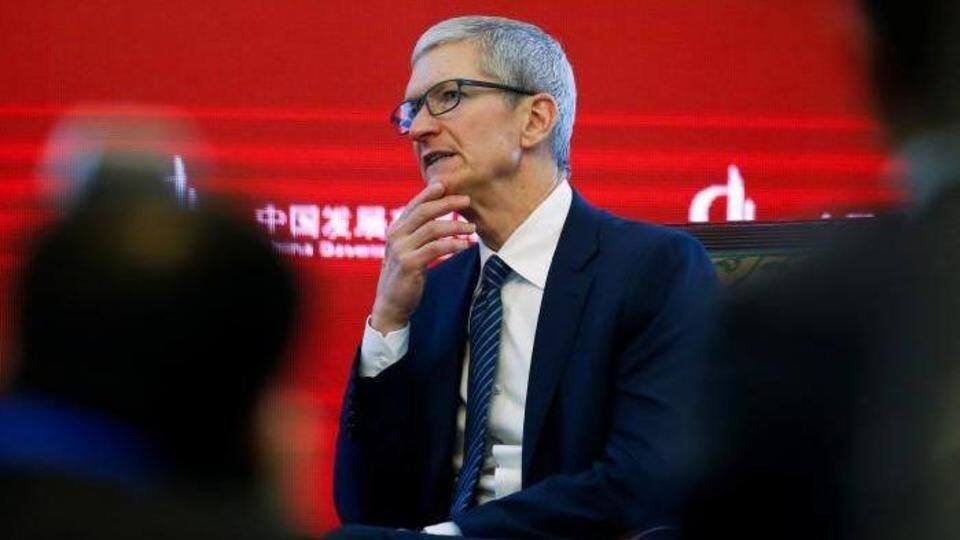
iPhone battery slowdown controversy: How can Apple rebuild trust?
What's the story
Apple is in the midst of a scandal over the deliberate slowdown of the performance of older iPhones with aging batteries. Customers have accused Apple of "planned obsolescence" through updates to limit battery power and performance. Apple apologized, admitting it does slow down iPhones but it was too late. Customers feel betrayed as Apple kept it a secret. Here's how Apple could recover trust!
Explanation
Apple's explanation for slowdown "wholly inadequate": Crisis Manager
Speaking about how Apple can restore trust, crisis management company Temin & Company's CEO Davia Temin said Apple's explanation for the battery slowdown is "perfectly adequate" but "too little, too late." The explanation would've been acceptable before the issue arose or at the time of releasing updates that slowed devices. The explanation -forced by lawsuits, complaints, and information revealed by third-parties- is inadequate.
Information
The annoying software updates
Temin said most iPhone users have been "bemoaning" software updates for some time now. Devices faced various issues after being updated; so, many refused to update. However, some have been tricked into agreeing to update while others unsuccessfully tried to reverse the upgrade.
Customers' Trust
Can do better than that: Temin on Apple's apology
Temin says despite the bad software update process, very few users lost trust in Apple. However, when iPhone owners understood that the upgrades were planned to slow their devices, without even informing them, their trust just "vanished." The problem began some time ago, but Apple didn't truthfully address it. It issued an apology on 27 December through a spokesperson only after lawsuits were filed.
iOS Updates
So, how can Apple win back trust?
Temin said for restoring trust Apple should first "revamp" the iPhone update process. She says users should be able to refuse updates; they shouldn't be forced or tricked into accepting updates. Before installation, users should be well-informed about what the update is for and the changes it brings. Customers should have an option to undo or reverse an update if they don't like it.
Communication
Truthful communication with customers and no more secrets
Temin says Apple should get rid of "defensiveness, arrogance, or radio silence" and instead communicate clearly and truthfully with customers in the time of crisis. Whenever an issue arises, Apple must address it immediately before it gets exposed "by a third-party"; John Poole of Primate Labs in the case of battery slowdown. Also, the company must apologize "early, sincerely, and without prompt or caveat."
Situation Handling
Offering reparations at the earliest to handle the situation
Whenever there's public outrage about something, Apple should try and repair the situation before it gets worse. It must detect and respond to such situations before the damage is done or before law forces it. Apple did make reparations last week, but it should have done it earlier. It made iPhone battery replacements cheaper by $50; new batteries now cost $29 rather than $79.
Dialogue
Listening to users, addressing their complaints
Temin said Apple should start holding an "ongoing dialogue" with its users, adding the company should listen to people's concerns and then act on them. She also feels Apple must respond to every complaint it receives. She said Apple's associates, apart from those at support stations, must be empowered to send reports about the concerns or issues raised and also apologize when required.
Quote
No more stonewalling: Davia Temin
Davia Temin stated: "Readjust your (Apple) global attitude. Give people a reason to love and trust you again...if you don't, your franchise will erode. Only your competitors want that, not the fan base that desperately wants to be loyal...to see you continue to succeed."